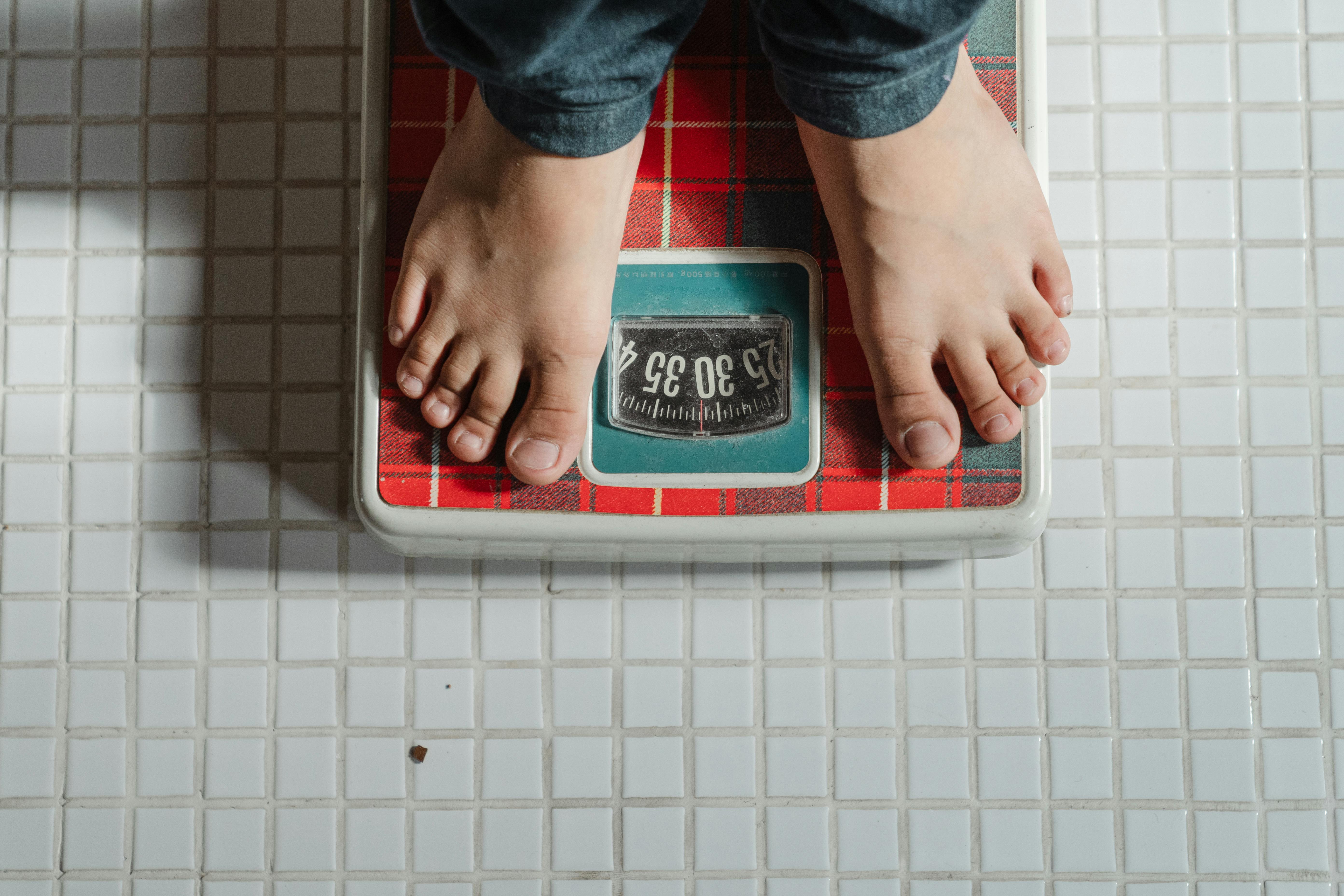
- 11 May 2025
- Dr Boshi
Introduction
If you’ve been exploring medications like Ozempic (semaglutide) for weight loss or type 2 diabetes, you may have come across the viral term: "Ozempic teeth." It’s been making the rounds on TikTok, in Facebook groups, and even among dentists — but what does it really mean?
In this blog, we’ll break down what people mean by "Ozempic teeth," whether the medication is to blame, and what you can do to protect your dental health if you're using GLP-1 medications like Ozempic, Wegovy, or Mounjaro.
💉 What Is Ozempic?
Ozempic is a prescription GLP-1 receptor agonist used to manage blood sugar levels in people with type 2 diabetes. It also slows digestion and reduces appetite — which has made it a popular off-label option for weight loss.
While Ozempic has shown impressive results in helping people lose weight and control blood sugar, some users are reporting unexpected dental issues.
🦷 What Are "Ozempic Teeth"?
“Ozempic teeth” is a slang term used to describe tooth-related problems that some people say started after beginning Ozempic or similar medications.
Reported issues include:
-
Tooth pain or sensitivity
-
Increased tooth decay or erosion
-
Dry mouth (xerostomia)
-
Cracked or brittle teeth
-
Gum problems or bad breath
Although these issues are not officially listed among the most common side effects of Ozempic, growing anecdotal reports are prompting further scrutiny — especially among long-term users.
🔍 What Could Be Causing It?
There’s currently no direct evidence that Ozempic causes tooth decay. However, there are several plausible reasons why Ozempic users might experience oral health issues:
1. Dry Mouth (Xerostomia)
GLP-1 medications may reduce saliva production, leading to dry mouth. Saliva plays a vital role in neutralising acid and protecting your teeth. A dry mouth can create the perfect environment for bacteria and decay.
2. Vomiting or Acid Reflux
Some users experience nausea, vomiting, or acid reflux when starting the medication. Frequent exposure to stomach acid can erode enamel, increasing the risk of cavities and sensitivity.
3. Reduced Appetite = Less Chewing
Eating less or skipping meals means you're producing less saliva from chewing, further contributing to dry mouth.
4. Nutritional Deficiencies
Rapid weight loss or restrictive eating patterns may result in vitamin and mineral deficiencies, especially calcium and vitamin D — both essential for dental health.
🛡️ How to Protect Your Teeth While on Ozempic
If you’re taking Ozempic or any other GLP-1 medication and are concerned about your dental health, here are a few tips to help protect your teeth:
✅ Stay Hydrated – Sip water throughout the day to help combat dry mouth.
✅ Use Sugar-Free Gum – Chewing gum can stimulate saliva production naturally.
✅ Good Oral Hygiene – Brush twice a day, floss daily, and consider using a fluoride mouthwash.
✅ Visit Your Dentist Regularly – Let your dentist know you’re on Ozempic.
✅ Monitor Nutrient Intake – Ensure you’re getting enough calcium, vitamin D, and magnesium.
✅ Manage Acid Exposure – Rinse your mouth with water after vomiting or experiencing reflux — but wait 30 minutes before brushing to avoid enamel damage.
🩺 Should You Stop Taking Ozempic?
Not necessarily. While “Ozempic teeth” is a real concern for some users, it doesn’t affect everyone — and for many, the benefits of weight loss and blood sugar control far outweigh the risks. However, open communication with your GP, pharmacist, or dental professional is key.
If you're experiencing any unexplained tooth issues, it's always best to consult both your prescriber and your dentist to rule out other underlying causes and make a plan.
📝 Final Thoughts
The phrase “Ozempic teeth” is gaining traction, but the science is still catching up. While tooth decay or sensitivity isn't a direct, proven side effect, there are possible logical connections between GLP-1 medications and oral health changes.
Being proactive with your dental care, nutrition, and hydration can make a big difference while on Ozempic, Wegovy, Mounjaro or similar treatments.
Are you considering or already on a GLP-1 weight loss plan?
At 121 Clinic in Bedford, we offer bespoke, medically-led weight loss programmes — including full support to help you manage any side effects and protect your overall health.
📞 Call us to book your consultation: 07785 587032
📍 2B Bunyan Rd, Kempston, Bedford MK42 8HP
🌐 www.121clinic.co.uk





